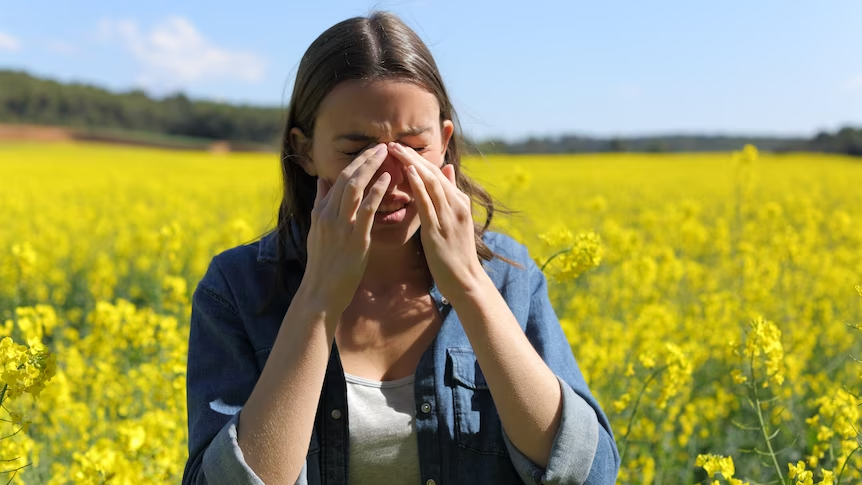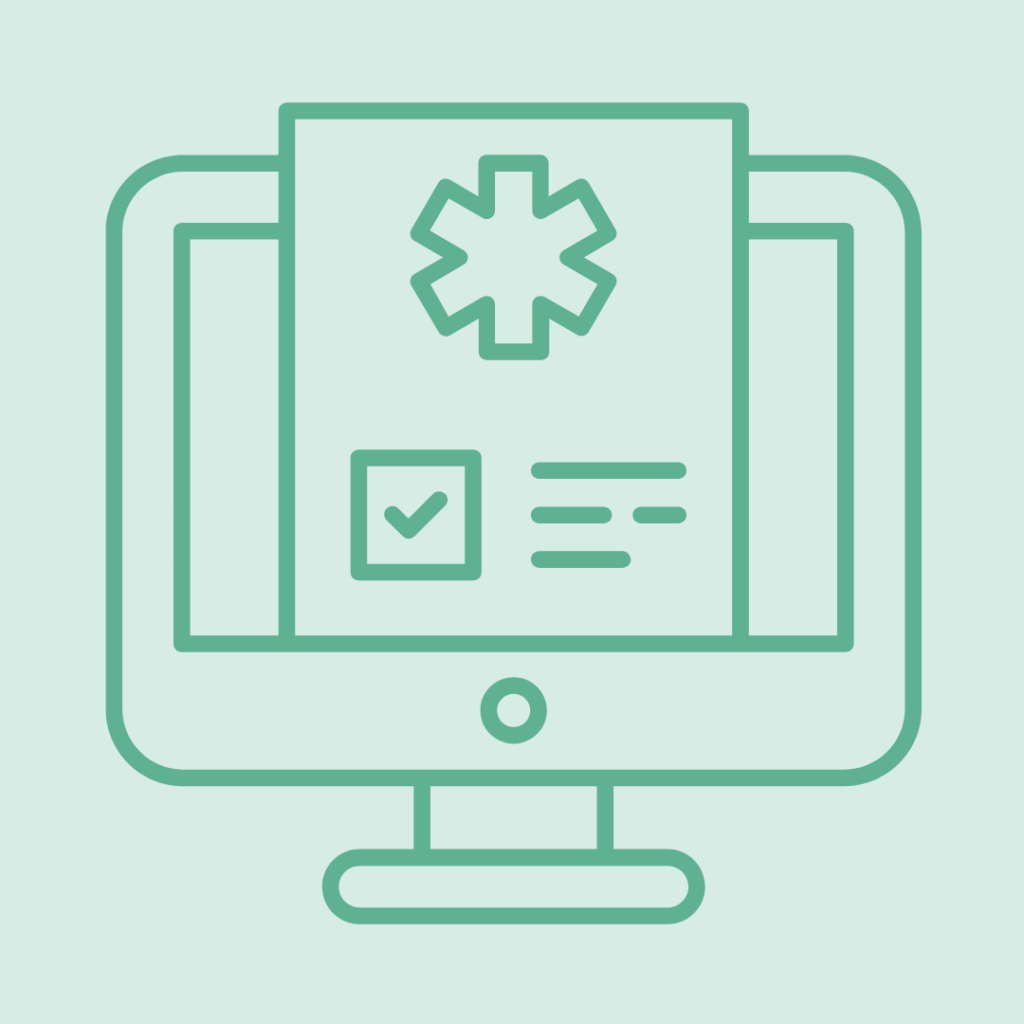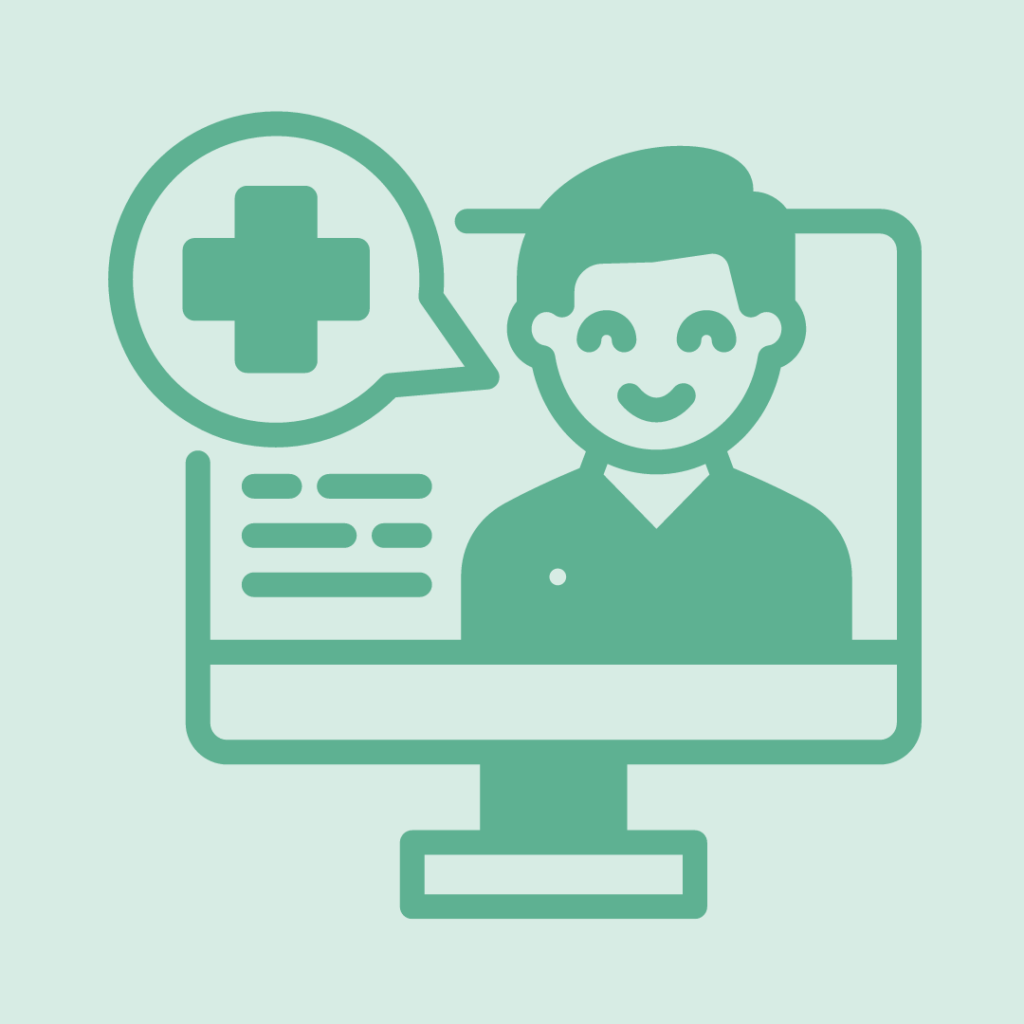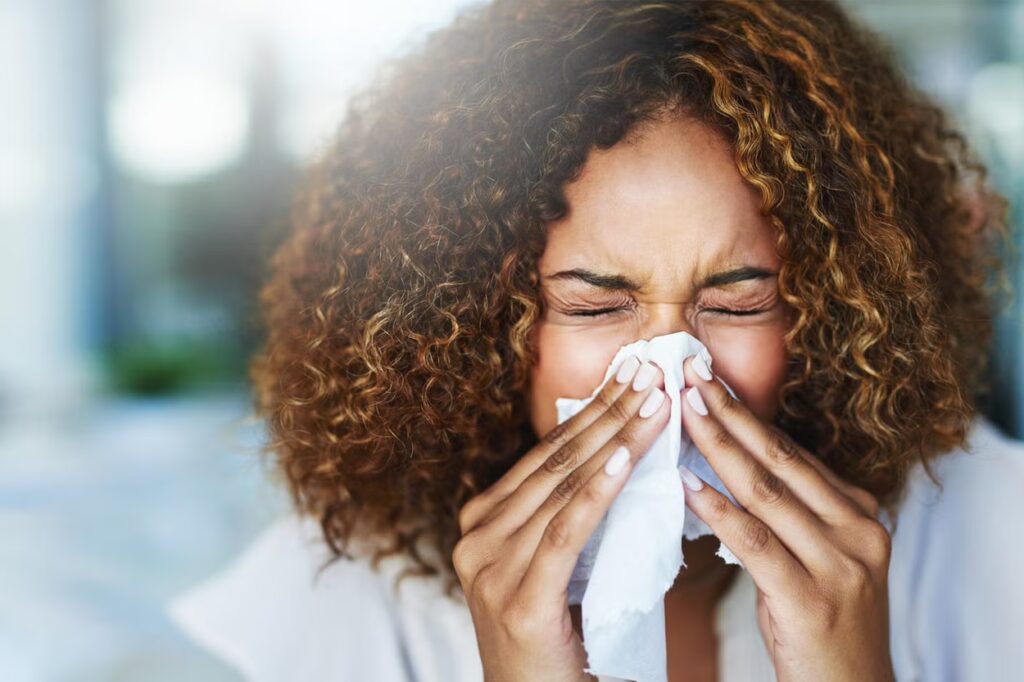Hayfever treatment
6am - midnight, 7 days a week
Accessible from anywhere in Australia.
eScript in minutes
Medication delivery

What is hayfever?
Hay fever, or allergic rhinitis, is a condition where your nose or eyes have an allergic reaction to substances called allergens. These allergens can include pollens, dust mites, animal dander, moulds, or other irritants. When exposed to these allergens, your body’s immune system reacts, causing swelling and inflammation in the nasal lining, leading to symptoms known as rhinitis.
Hayfever Treatment Options

Online Prescriptions
- For when your script has run out
- Script sent to your phone
- Doctor approved

Telehealth Consultations
- When you need to speak to a doctor
- Online, Video & Phone Call or Message
- Fast access to medical advice
Medical Certificates
- For when your script has run out
- Script sent to your phone
- Doctor approved

Hayfever Symptoms
Hayfever, also known as allergic rhinitis, is an allergic reaction to airborne substances like pollen, dust, or mold. Common symptoms include sneezing, a runny or stuffy nose, itchy or watery eyes, and a sore throat. Some individuals may also experience coughing, fatigue, and headache. Symptoms typically worsen during certain seasons, particularly spring and summer when pollen levels are high, but they can occur year-round depending on the allergens present.
Dangers of Hayfever
While hayfever is not life-threatening, it can significantly impact daily life, causing discomfort, difficulty concentrating, and disrupted sleep. Chronic symptoms may lead to sinus infections or ear infections if left untreated. In some cases, severe allergic reactions can trigger asthma or exacerbate pre-existing respiratory conditions. Managing hayfever with antihistamines, decongestants, nasal sprays, or allergy shots can help reduce symptoms and prevent complications, improving overall quality of life.

Need a Specialist Referral?Get Yours in a Few Simple Steps!
Skip the long clinic waits and get referred to a specialist in minutes. The process is fast, secure, and simple.
- Quick access to specialist referrals – no in-person appointments needed
- Telehealth consultations with trusted, licensed doctors
- Fast, reliable service – referrals sent directly to your chosen specialist
- Convenient and affordable healthcare from your home
- No hidden costs – just simple, upfront pricing
Frequently
Asked Questions
The symptoms of hay fever typically include sneezing, nasal congestion, runny nose, itchy or watery eyes, itchy throat or ears, and fatigue. Some people may also experience a dry cough, headache, and a loss of smell. The severity of these symptoms can vary from person to person, with some individuals only experiencing mild discomfort, while others may find their daily activities significantly impacted.
Hay fever is caused by an allergic reaction to certain substances, most commonly pollen from trees, grass, or weeds. When you inhale pollen or come into contact with it, your immune system mistakenly identifies it as a harmful substance. This triggers the release of chemicals like histamine, leading to inflammation and irritation in the nose, eyes, and throat. Other allergens, such as mold, dust mites, and pet dander, can also cause similar reactions.
Hay fever is typically diagnosed through a combination of a physical examination, your medical history, and an assessment of your symptoms. Your doctor may also recommend allergy testing, which can involve a skin prick test or blood test to identify the specific allergens that trigger your symptoms. Skin prick tests involve placing small amounts of allergens on the skin and then lightly pricking the skin to see if there is a reaction.
Treatment for hay fever typically involves avoiding allergens and managing symptoms with medications. Antihistamines, decongestants, and nasal corticosteroids are commonly used to relieve symptoms. For severe cases, a doctor may prescribe stronger medications or recommend allergy shots (immunotherapy) to help desensitize your immune system to specific allergens. Other treatments may include saline nasal sprays and eye drops to reduce irritation. Staying indoors during high pollen seasons and keeping windows closed can help reduce exposure to allergens.
While it may not be possible to completely prevent hay fever, you can reduce your symptoms by minimizing exposure to allergens. If pollen is the trigger, try to stay indoors when pollen levels are highest, typically early in the morning and on windy days. Wearing sunglasses or a hat outdoors can help protect your eyes from pollen. Additionally, using air purifiers in your home, keeping windows closed, and regularly washing your hands and face can help reduce exposure to allergens.
The duration of hay fever symptoms can vary depending on the individual and the allergens involved. For people allergic to seasonal pollen, symptoms may last for several weeks or months during pollen season. For those allergic to perennial allergens, such as dust mites or pet dander, symptoms can persist year-round. With proper treatment and management, symptoms can be controlled, and many people experience significant relief during the non-allergy seasons.
Some people turn to natural remedies to alleviate the symptoms of hay fever, although these may not be as effective as traditional treatments. Common natural remedies include using saline nasal sprays, consuming local honey (which some believe can help build tolerance to pollen), and drinking herbal teas like peppermint or chamomile to soothe the throat. However, it’s important to consult with a healthcare professional before using any alternative treatments, as they may interact with medications or cause side effects.

